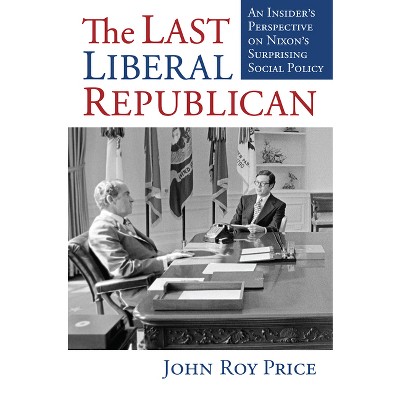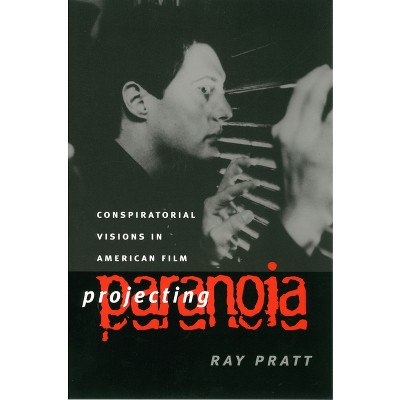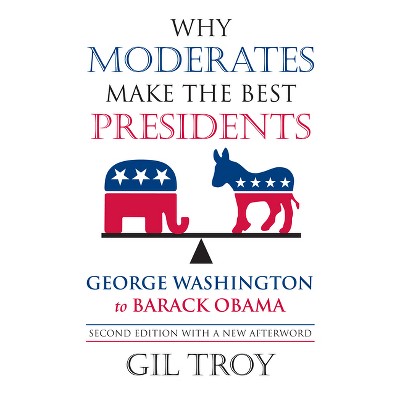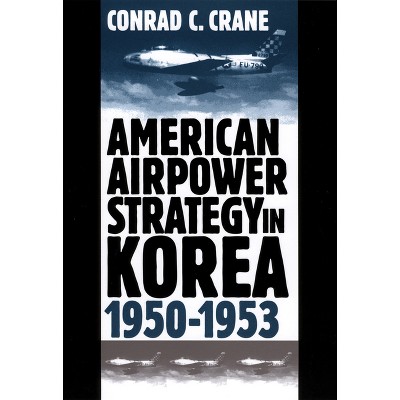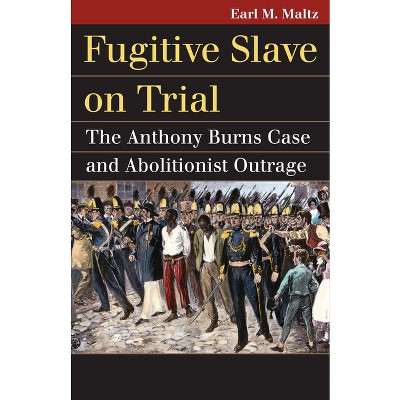Sponsored

The Virtues of Vengeance - by Peter a French (Hardcover)
In Stock
Sponsored
About this item
Highlights
- Although most moral philosophers reject vengeance as a barbaric sentiment, Peter French argues that it has fallen into disrepute without being seriously examined with respect to its real moral value.
- Author(s): Peter a French
- 264 Pages
- Philosophy, Ethics & Moral Philosophy
Description
Book Synopsis
Although most moral philosophers reject vengeance as a barbaric sentiment, Peter French argues that it has fallen into disrepute without being seriously examined with respect to its real moral value. In beginning his philosophical examination of the virtues of vengeance, he investigates the use of vengeance themes in literature and popular culture. Literary works from the Iliad to Hamlet and modern film Westerns such as Clint Eastwood's Unforgiven are reviewed in his exploration of the philosophical and ethical aspects of vengeance. He then concentrates on the conditions that could make acts of vengeance virtuous. Film Westerns play an illustrative role in French's work because of their frequent use of the vengeance plot. As self-conscious morality plays, they seldom wander from an investigation of the social, psychological, political, and moral implications of revenge. French uses such classics as The Searchers and Winchester '73 to identify crucial philosophical elements of the concept of vengeance that are then examined in detail in later parts of the book. In the course of his study of vengeance as a moral concept, French exposes important distinctions between types of moral theories (karmic and non-karmic) and between people who are morally handicapped and those who are morally challenged. He examines concepts relevant to vengeance such as honor, moral authority, and evil, and issues such as the rationality of revenge and proportionality in punishment. French concludes that exiling vengeance to a dark corner of human action has robbed morality of one of its most potent and persuasive elements and that mere condemnation or ostracism are inadequate responses to heinous acts. The maintenance of the authority of morality often requires more hostile responses. His book challenges us to reconsider the value, indeed the virtue, of various responses to evil and may serve as a metaethical map of the conceptual geography of vengeance for those daring to explore what has generally been assumed in the literature of ethics to be forbidden territory.Review Quotes
"French sets out to resurrect the role and meaning of vengeance. . . . An earnest analysis worth reading not only for ethicists but for philosophical and political audiences alike."--Review of Metaphysics
"[If nothing else], French points to the important place that ought to be held by the notion that culpable wrongdoing calls forth some response. Moreover, in articulating a notion of vengeance with such passion, French provides a salutary reminder to those working in penal and moral philosophy of the difficulties of finding a theory that is at once philosophically defensible and that successfully captures our moral experience."--Philosophy in Review
"For those who believe that justice can be achieved without painful retaliation, French maps the scholarly terrain their debate must trod."--Religious Studies Review
"French is enormously well read on his topic, quite able to make close distinctions, and devilishly clever in forming arguments whose conclusions shock most of us."--Choice
"This book is highly recommended for anyone who questions how and why a moral society must confront evil."--Kansas History
"A fascinating and provocative virtue-ethical defense of the morality of vengeance."--Michael Slote, author of From Morality to Virtue
"French makes a convincing case for the central moral importance of revenge, honor, desert, retributive punishment, and evil. . . . An important book that should be widely read."--John Kekes, author of Moral Wisdom and Good Lives and Facing Evil
"French has undertaken a heroic task, to not only defend vengeance and demonstrate its prevalence throughout our history and our literature but to actually praise its virtues as essential for morality and justice. He has done so brilliantly. Highly recommended, but not, perhaps, for those with vengeance already on their minds."--Robert C. Solomon, author of A Passion for Justice
"An inventive and fearlessly provocative book."--Margaret Urban Walker, author of Moral Understandings






